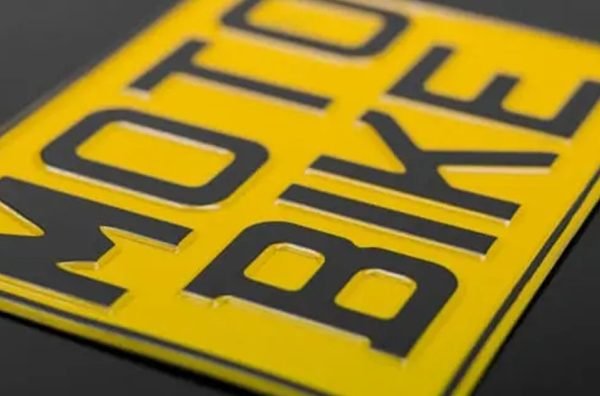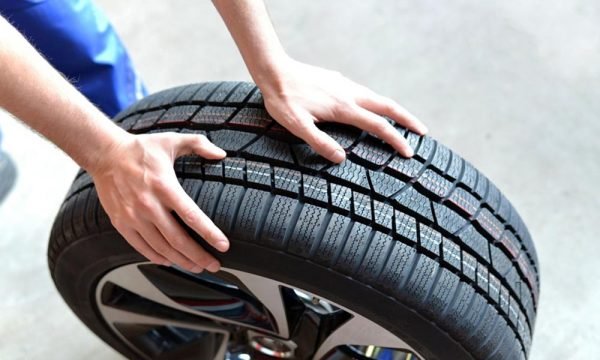Even if your car has some age on it, it is not too late to get it better protected. For cars that have over 100,000 miles on them, an extended warranty is an option and that may be beneficial, but it helps to do your homework first. The first step is understanding the factors that will affect your price when shopping around for an extended warranty.
Table of Contents
Is 100K Miles Too Much for An Extended Warranty?
Purchasing an extended warranty for a car with over 100,000 miles is an option, but odds are you will have to jump through some hoops to get there. Most often through third-party warranty providers, you will have the option of purchasing an extended warranty that covers your vehicle up to 200,000 miles. There are even plans that cover in the range of 250,000 to 300,000 miles.
Factors That Affect Warranty Math
The extended warranty for cars over 100k miles cost is dependent on a variety of factors such as age, type of car, and whether you’ve been to the repair shop too many times. It is rare to see two of the same extended warranty plans due to the amount of variance in each car’s history of recalls, known damages, and other factors that can easily increase the total cost. Some of these factors that affect the price include the following:
Vehicle Make
Some car brands are more reliable than others. That means depending on the vehicle brand, a vehicle can have much more life after hitting the 100K mark in mileage or it may begin to break down shortly after. Generally, you’ll find no discrepancy between extended warranties for domestic and foreign vehicles because most modern cars will typically exceed 100K miles within their lifetime.
Vehicle Model
The type of car you are using plays into the price point as well. A four-door sedan will typically have better usage past 100K miles than a two door coupe or other sports car. Also the sedan, if needed to be repaired, will be at a much lower cost than the sports car. This can be due to part cost, scarcity, and other expenditures.
Vehicle Year
Newer cars can be expensive to repair compared to older ones. This is due to new features such as back up cameras, high tech computer systems, and more modern features. However, that’s not always the case. In fact, some older cars can be just as expensive to repair as well. But usually they’re a little cheaper than newer models.
Vehicle Repair History
The amount of repairs a vehicle has had will also be taken into account when calculating the math. A vehicle that is over 100K miles with a history of being repaired can draw a costly extended warranty. So, as a rule of thumb, the longer you’ve had your car and the more the mileage, there’s a good chance your extended warranty won’t come cheap. So, if your car is approaching 100K miles, and you’ve done a great job of keeping up with routine maintenance, you’ll likely have nothing to worry about.
Cars Over 100K Have Fewer Warranty Options
Newer cars will have many different extended warranty coverage options available. This is not the same for older cars with over 100K miles. Often these cars over 100K miles will have fewer extended warranty options available to them as they are more of a liability. To combat this, it is best to shop around to different warranty providers to see the best deal available.
More Miles Means It’s Probably Going to Cost More
Generally cars that have over 100K miles will be more expensive to cover than newer cars. This is due to the simple fact that these cars have age and a history compared to new cars that do not. For example, it’s harder for third-party warrant companies to deny you coverage on a newer vehicle because they’re less likely to find something wrong with it.
Does A Car With 100K Miles Need An Extended Warranty?
While the decision to get an extended car warranty on a car with over 100K miles is up to the vehicle owner, it is good to remember that most cars, if everything goes right, can last up to 200,000 or more miles. So, consider 100K miles the first half of your total vehicle use. For these vehicle owners, you will need to decide how you want to be protected for the back half use of your vehicle.
The bottom line is that age, repair history, and reliability will generally determine the majority cost of your extended warranty. But if you’re lucky and have an older car in pristine condition, you may walk away with a warranty that’s the right price for your peace of mind.





